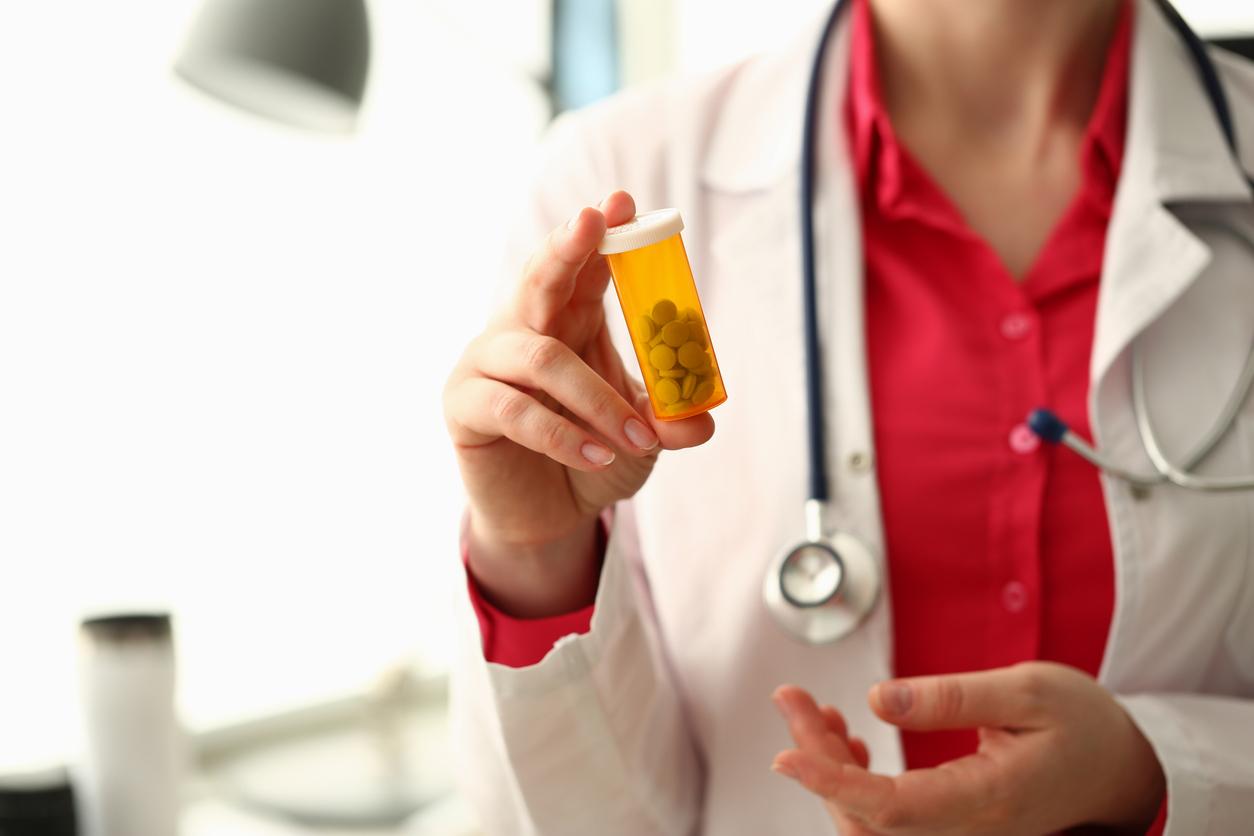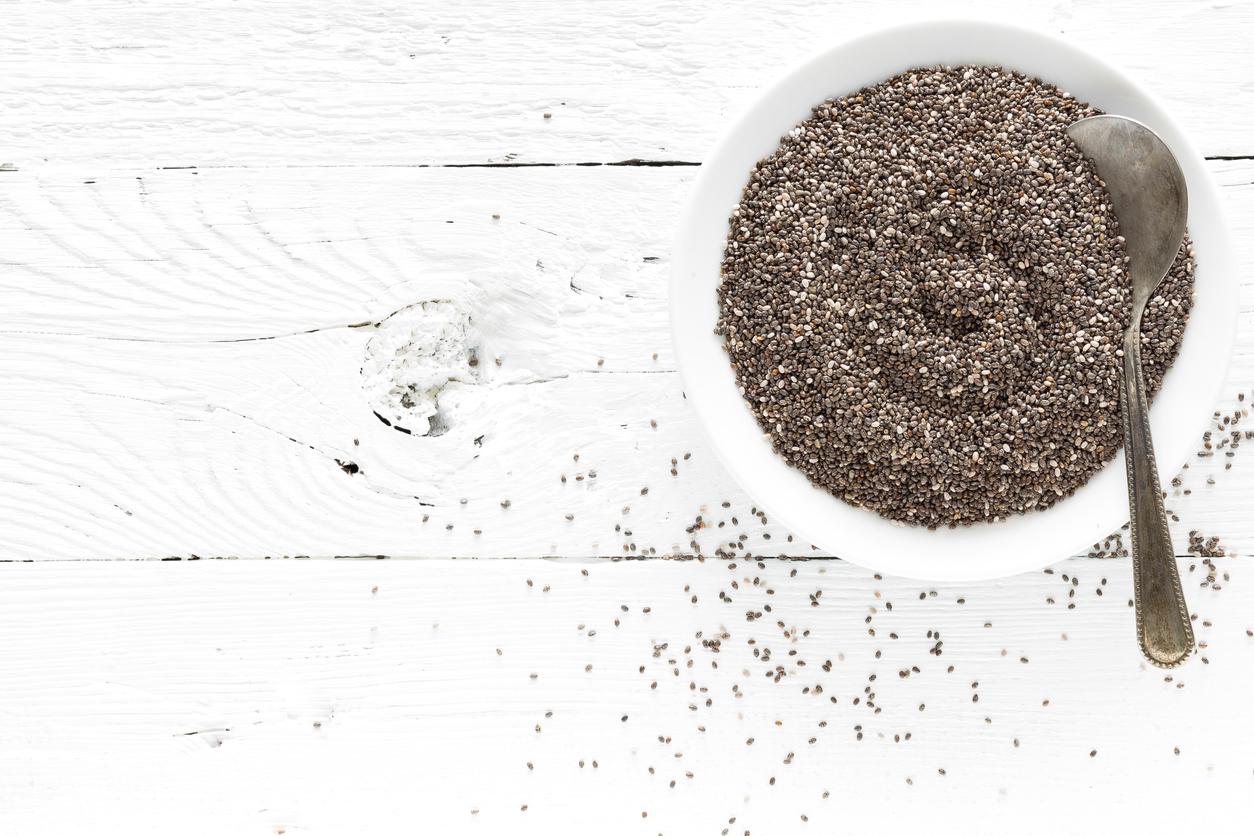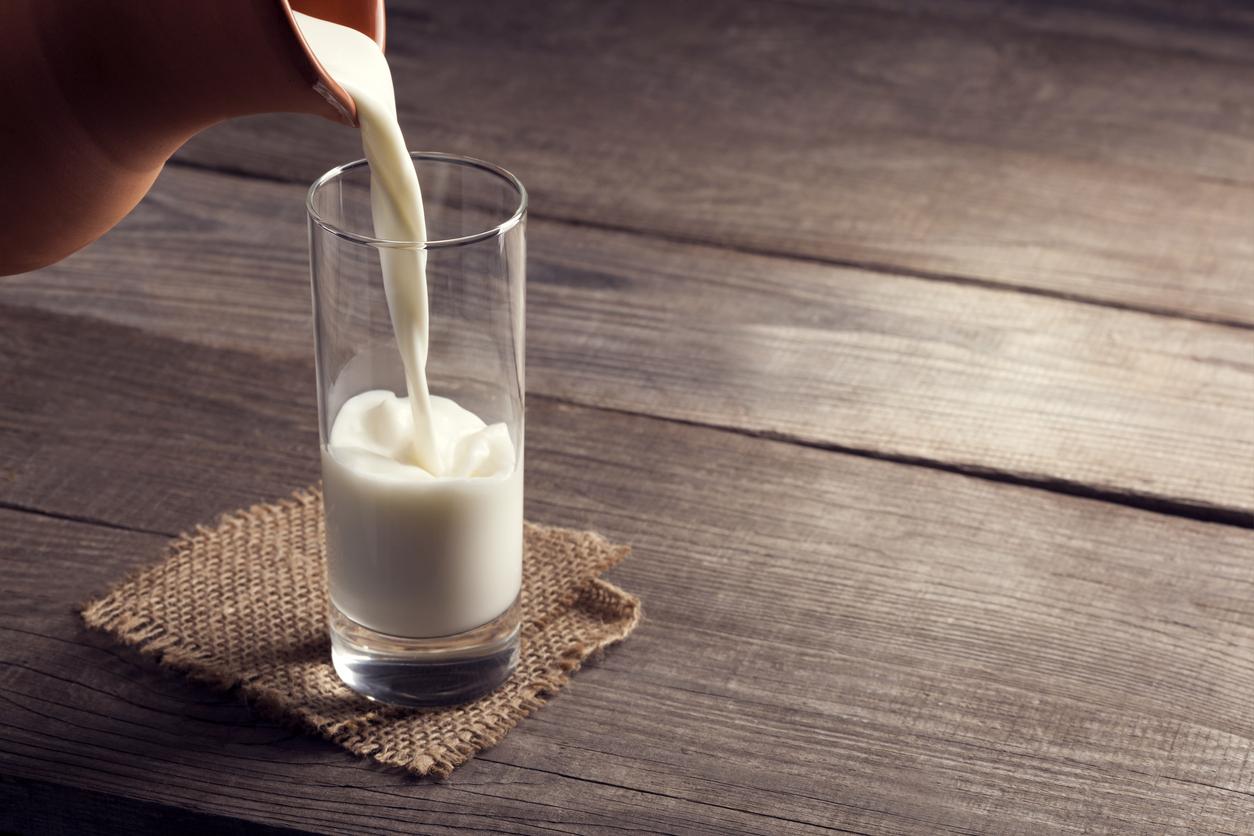NOTDon’t look for them in pumpkin, squash or butternut. The seeds of squash that we find in the trade come from a particular variety of squash: Lady Godiva, or “squash-almond”. This orange cucurbit, streaked with green, contains in its heart so-called “oily” seeds, devoid of integument (envelope).
What form are pumpkin seeds found in?
- Whole: they can be bought plain or grilled, sometimes associated with other seeds or dried fruits (sunflower, cranberries …) in a gourmet mixture. Sprinkle in a muesli (you can also mix them), on a green salad or to nibble as is.
- Mashed : cold mashed (Moulin des moines brand for example), the seeds retain their vitamins and antioxidants. Spread on toast or integrate into a salad dressing. The pot of mash is best stored in the refrigerator.
- In oil: first cold pressing, pumpkin seed oil can be used exclusively as a seasoning or as a final touch, on fish or vegetable soup (pumpkin, butternut, etc.).
Where do squash seeds come from?
Pumpkin seeds are part of the oil seeds, that is to say seeds rich in lipids (nearly 50%) which can be made into oil (such as sunflower or sesame), and come from different varieties of squash. Their main asset is their high protein content (35 g per 100 g!), Which makes them an ally of athletes, vegetarians and vegans.
If we want to take advantage of the seeds of commonly eaten squash (pumpkin, pumpkin, butternut …), they must be washed, dried and carried out with laborious shelling.
What are the benefits of squash seeds?
Besides their wealth in protein (30% on average), squash slices contain unsaturated fats, which are good for the cardiovascular system, and offer a nice range of minerals.
“They are interesting for vegetarians, in combination with cereals (in bread or a rice salad, for example), to have essential amino acids. A handful covers a third of our needs in magnesium. We can also highlight their richness in zinc, good for the immune system and against inflammatory states “, indicates Brigitte Mercier-Fichaux, dietitian and organic cooking facilitator (Rennes).
They are also very good provided with fibers (11 g per 100 g). Benefactors of transit, they slow down the absorption of “bad” fats and help regulate blood cholesterol levels. “Overall, they have a beneficial effect on the cardiovascular system “, emphasizes Emilie Borriglione, naturopath specializing in nutrition, in Bordeaux.
What are their health advantages?
“The seeds of squash have a diuretic action: they support the functioning of the kidneys and help fight against water retention, says the specialist. Studies have proven their benefits in urology. Their compounds limit the risk of hypertrophy of the prostate, which is why I recommend in particular to men to consume it regularly after 50 years, in the form of seeds or oil (the mixture Quintesens 50+ in particular). “
What is the right dose?
We prefer them organic and plain, unroasted, unsalted and without additives (we’ve seen some!). “If they are used therapeutically, it is better to eat them raw: a few chopped seeds in children’s cereals or a handful a day for men. Otherwise, they can be lightly toasted in a pan to enhance their fairly mild taste, ”says the dietitian.
“To enjoy their benefits, a tablespoon of pumpkin seeds per day is sufficient, recommends the naturopath. They are preferably eaten raw, because roasted, they lose a good part of their vitamin A and their antioxidants. “
If we like to taste them crunchy, “we make sure to remove them from the pan as soon as they are blown. They should not brown”, warns the naturopath. They are rather pretty and boost mueslis, raw vegetables or soups, but also breads and pastries. Mixed, they can replace pine nuts or flour.
How to keep them?
Rich in lipids (45 g per 100 g), essentially mono and polyunsaturated, pumpkin seeds can go rancid. Thus, it is preferable to keep them cool, in an airtight container. “The ideal is to place them in the refrigerator”, advises Émilie Borriglione.
Read also :
- The health benefits of superfoods
- Tiger nut, a new superfood?
- Focus on flax seeds















